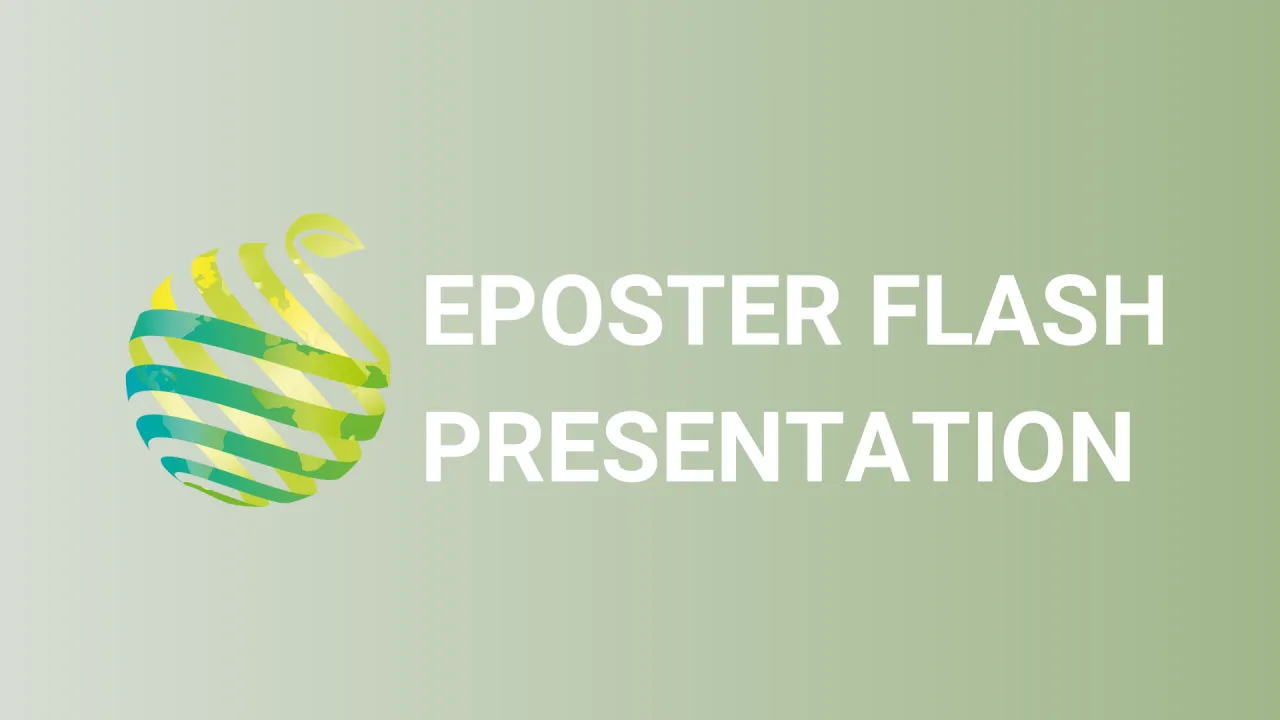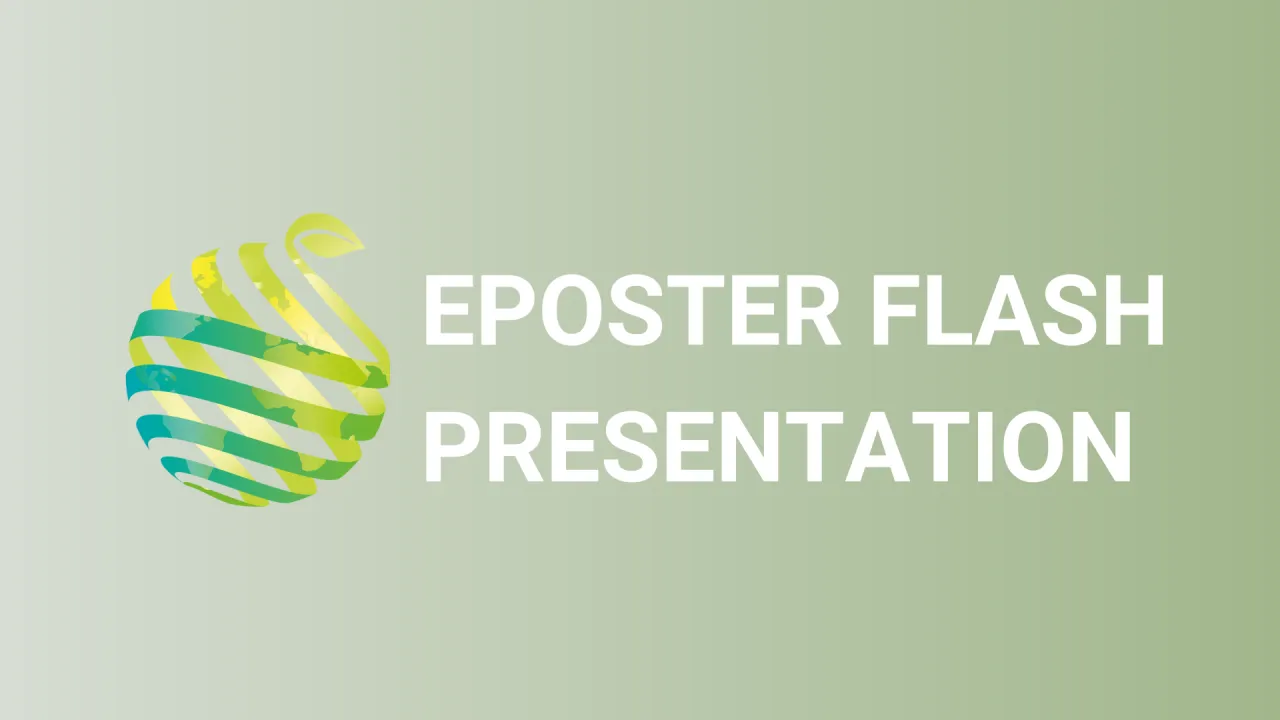

S02 - Session P5 - Fruit Quality of Old Local Bulgarian Apple Genetic Recourses
Information
Authors: Marieta Nesheva *, Vanya Akova, Yulian Marinov, Dimitar Vasilev, Svetoslav Malchev
The apple ( Malus domestica L.) is a relatively old species, originally domesticated at least 4000 yr ago. It is one of the most profitable fruit crops characterized by great adaptability to different soil and climatic conditions, high yield, good storage and transportability. In Bulgaria, it has a long history of cultivation and a wide diversity of genetic resourses is found in the country. The current study aimed to describe in detail the fruit quality of some valuable old and local genetic resourses n the cultivars 'Kantarka', 'Chervena Shekerka', 'Ayvaniya', seedlings found in the region of Tryavna and a random mutation of the cultivar 'Melrose' which has been propagated and grown in the region of Han Krum village. For completing this objective, fruit size, fruit flesh firmness, total soluble solids content (░Brix), skin and flesh colour were measured. For evaluating the fruits, nutritional value chemical and sensory analyses were performed. 'Ayvaniya' had the highest total sugars (17.12%) and very low total acids (0.29 %) content. 'Ayvaniya' also had the firmest fruit flesh n 15.3 kg/cm 2 followed by 'Kantarka' - 13.6 kg/cm 2 . These two cultivars' fruits could be stored for a very long period. The largest fruits with an average wеight of 195.76 g and the highest TSS content was measured for the mutation of 'Melrose'(18 ░Brix). There were significant differences in the colour parameters L∗, a∗, b∗, C, H between the different specimens. All of the fruits were found to be suitable for fresh consumption and preparation of traditional healthy foods. The identified old cultivars and local genetic recourses could be a valuable addition to fruit breeding or organic fruit production. Their location was mapped to aid their conservation in natural habitats.